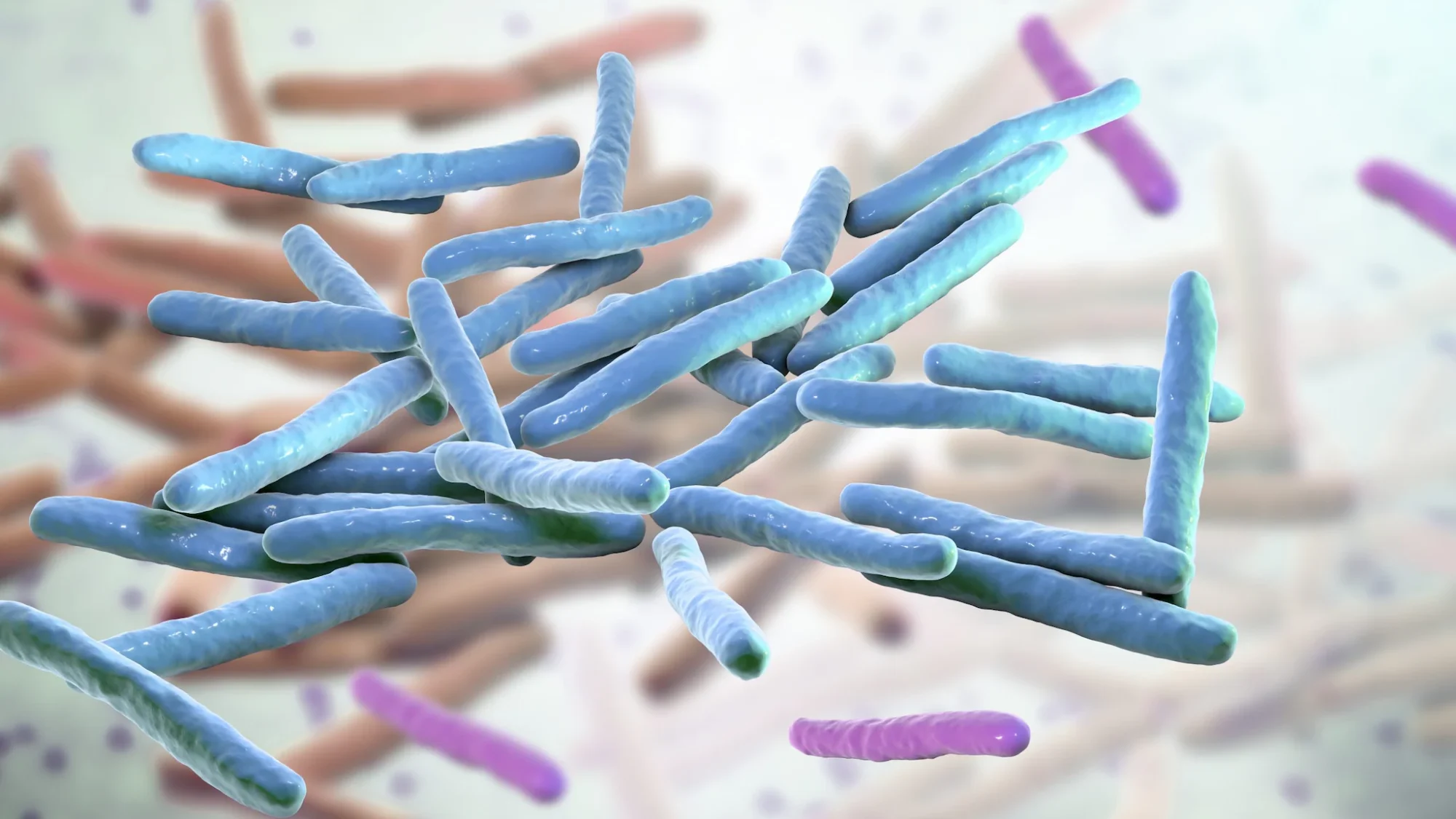
Read more

Every month, I make a podcast to talk about 5 new research articles. In 10 minutes, I try to explain to you how scientific research advances our knowledge and improves the condition of millions of people, particularly those living with a rare disease.
In this podcast, we explain 5 discoveries that have recently appeared and that caught my attention:
– A new therapeutic method to effectively limit the allergic response: https://www.inserm.fr/actualite/allergies-une-piste-de-treatment-a-arn/
– A sociological study by INSERM on the sexual abuse of minors from 1950 to the present day: https://www.inserm.fr/actualite/violences-sexuales-au-coeur-dune-enquete-accablante/
– Toxoplasmosis parasites as cancer therapy: https://www.the-scientist.com/news-opinion/turning-toxoplasma-against-cancer-69575
– How associations of patients living with a rare disease can accelerate the development of treatments: https://www.ncbi.nlm.nih.gov/pmc/articles/PMC7513900/
– How do mother bats teach their young to fly? : https://www.science.org/content/article/baby-bats-learn-navigate-hitching-ride-mom?utm_campaign=news_daily_2022-01-04&et_rid=408802767&et_cid=4057179
13 minutes to understand how discoveries advance our knowledge and open up new perspectives for curing the sick.
In this episode :
– Huntington’s disease: a disease which appears in adulthood but which starts at the fetal stage: https://www.inserm.fr/actualite/ Maladie-de-huntington-des-defauts-de-croissance- neurons-at-the-origin-of-early-abnormalities/
– HIV genes sleep for years in our cells: Why? What consequences? https://www.inserm.fr/actualite/hush-un-complexe-qui-fait-taire-le-vih/
– Patients with complete paralysis are able to walk again thanks to a technology developed thanks to the collaboration of scientists from different fields: https://www.insb.cnrs.fr/fr/cnrsinfo/des-neuroprotheses-de-la- spinal-cord-tailor-made-to-treat-paralysis
– The Epstein-Barr virus, hitherto considered not very dangerous, would be responsible for multiple sclerosis: https://www.science.org/doi/10.1126/science.abj8222
We end this episode by talking about the impact of the war in Ukraine on scientific research and scientists worldwide, in Russia and, of course, in Ukraine.